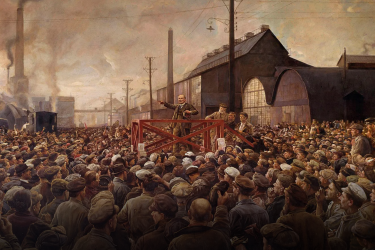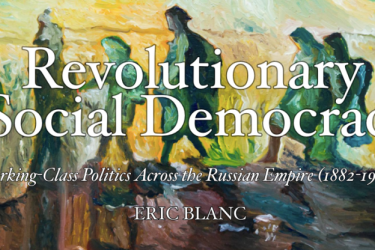Russian Revolution
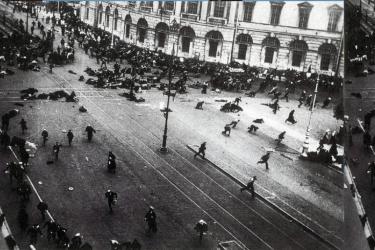
Paul Le Blanc on Russia’s 1917 Revolution and the problems of socialist organization

Russia’s 1917 October Revolution: A warning, an alternative, a challenge
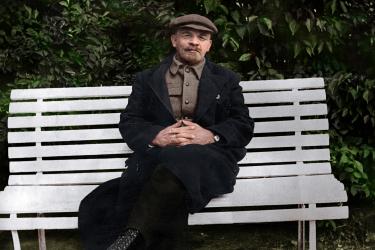
Lenin’s socialism: Labels and realities
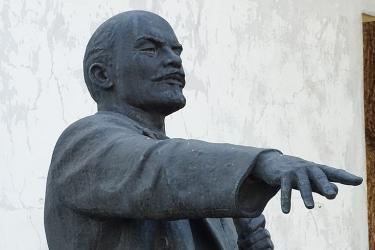
Lenin’s legacy — An alternative to capitalism
The following presentation was given by Tamás Krausz on February 1 as part of a panel on “What was socialism for Lenin?” that was part of the ongoing “Leninist Days/Journadas Leninistas” series of lectures.
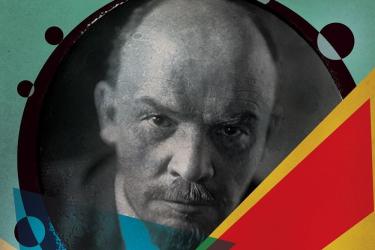
Socialism and revolutionary democracy: Lenin’s legacy for our time of catastrophe
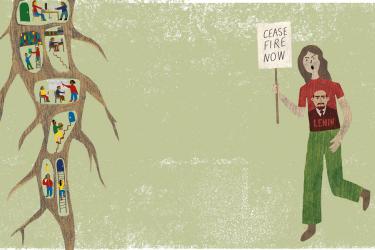
Lenin’s legacy: Ordinary miracles and revolutionary ambition
Given the recent marking of the centenary of Lenin’s death, Lars T Lih looks at what his ‘intricate polemic’ in ‘What is to Be Done?’ might offer today’s left.
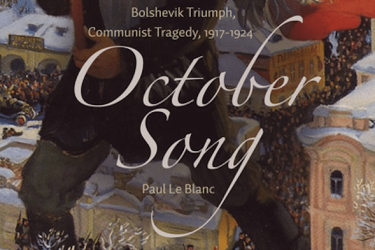
The Russian Revolution of 1917: Resources for scholars and revolutionaries
For those wanting to make use of Marxism to understand and change the world, among the most important classical thinkers are, surely, Rosa Luxemburg and Vladimir Ilyich Lenin.
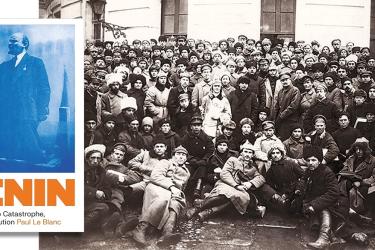
Lenin: Responding to catastrophe, forging revolution
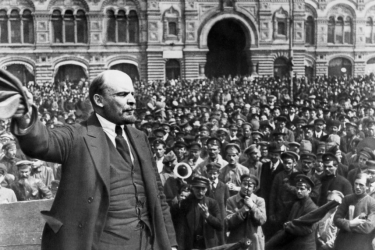
Lessons of Russia's October 1917 revolution (Part II) — What kind of revolutionary organisation?
Read Part I “Coup or mass insurrection?” here.
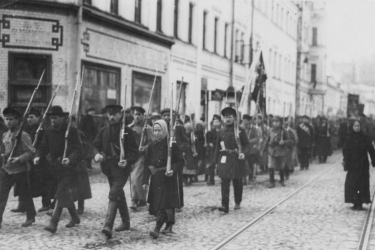
Lessons of Russia's October 1917 revolution (Part I) — Coup or mass insurrection?
"October is still ground zero for arguments about fundamental, radical social change.
